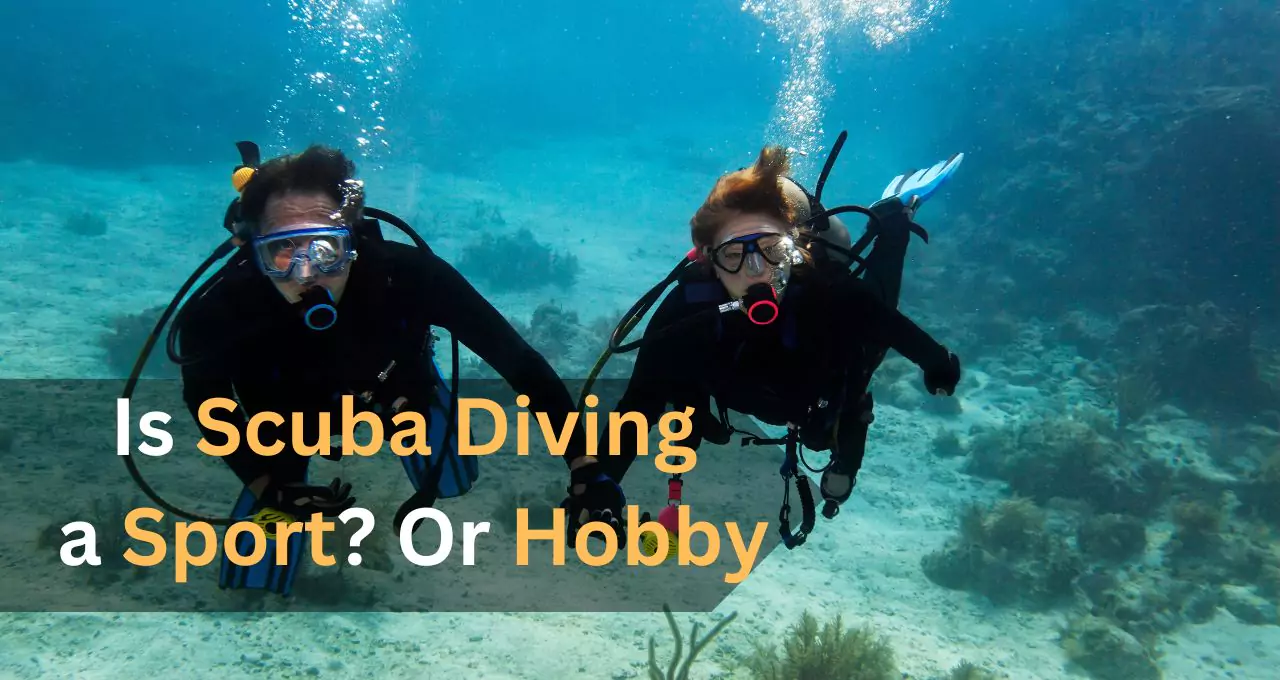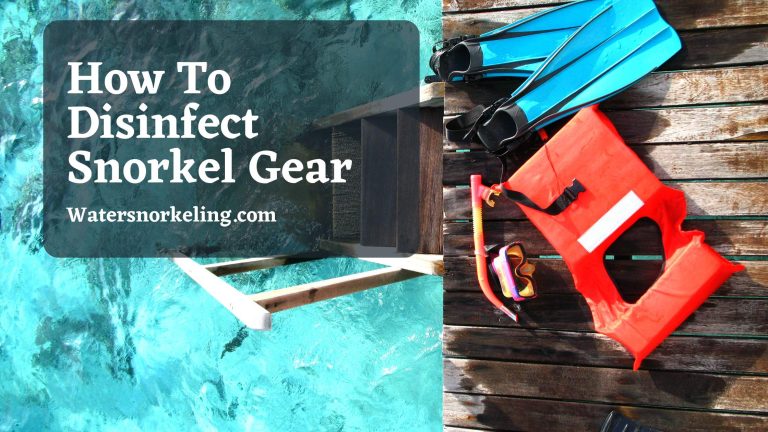Is Scuba Diving a Sport? Or Hobby: Exclusive Guide 2024
Is Scuba Diving a Sport or hobby? The classification of scuba diving as a sport or a hobby depends on individual perspectives and motivations.
The classification of scuba diving as either a sport or a hobby is often debated among enthusiasts and outsiders alike. While those who have undergone scuba diving certification may prioritize the experience rather than its classification. It is important to understand the characteristics distinguishing sports from hobbies.

In this article, we will delve into the definitions of sports and hobbies, examine the aspects of scuba diving that align with these definitions, and explore the existence of competitive scuba diving. By doing so, we aim to explore whether scuba diving can be considered a sport, a hobby, or both.
Defining Sports and Hobbies
To establish a foundation, it is essential to define sports and hobbies. Sports are generally characterized by skill and physical exertion and often involve competition governed by rules and regulations.
On the other hand, hobbies encompass a broader range of activities pursued for personal enjoyment, relaxation, and personal fulfillment, which may or may not involve physical exertion or skill development.
Scuba Diving As a Sport
Considering the definition of a sport, scuba diving exhibits several attributes that align with this classification. Firstly, it demands a certain level of skill and expertise, as evidenced by the requirement for certification to ensure safety and competence underwater.

Divers must master techniques such as buoyancy control, underwater navigation, and emergency procedures. This extensive training emphasizes the importance of acquiring and honing specific skills, making scuba diving more than just a casual pastime.
Moreover, physical exertion is an inherent aspect of scuba diving. While it is possible to have relatively sedentary dives, such as staying on the ocean floor, divers must still undertake swimming and maneuvering while wearing heavy equipment.
Fitness requirements are often imposed during certification, including swimming a specific distance without interruption. The physical demands of scuba diving can vary, depending on factors such as current strength, depth, and diving conditions. Thus, scuba diving meets the physical exertion criterion expected in a sport.
Scuba Diving as a Hobby
While scuba diving can undoubtedly be recognized as a sport, it is equally accessible and enjoyable as a recreational hobby. Many individuals engage in scuba diving primarily for recreational purposes, driven by personal enjoyment, a sense of adventure, and the desire to explore and appreciate the breathtaking beauty of underwater ecosystems.

For these divers, the absence of competition is inconsequential as they find solace and fulfillment in the tranquil serenity of the underwater world and the thrill of discovery. Their focus lies more on leisurely exploration, connecting with nature, and expanding their knowledge of marine life rather than the competitive aspects associated with traditional sports.
Scuba diving as a hobby offers a unique and immersive escape from the demands of daily routines. It also provides a chance to unwind, rejuvenate, and immerse oneself in an awe-inspiring environment teeming with life and natural wonders.
Whether exploring vibrant coral reefs, diving alongside majestic marine creatures, or simply indulging in weightlessness beneath the waves, scuba diving as a hobby opens up a whole new realm of experiences and enriches the lives of those who embrace it.
Competitive Scuba Diving
A contention often arises within the scuba diving community when considering the competition. While traditional sports often feature competitive elements as a defining characteristic, it is important to note that competitive scuba diving does exist and has its unique appeal.
- Known as Sport Diving, this branch of scuba diving follows established rules and guidelines governed by internationally recognized organizations such as CMAS (Comité des Sports Sous-Marins) or the World Underwater Federation.
- Sport Diving encompasses various disciplines, including underwater photography, navigation, and rugby. These competitions allow divers to showcase their skills and demonstrate their creativity, technical abilities, and adaptability in a structured and regulated setting.
Participating in competitive scuba diving provides divers with opportunities for personal growth, achievement, and the development of camaraderie among fellow divers who share their passion.
Also, Read Best Scuba Diving Schools In The World
FAQs – Is Scuba Diving a Sport?
Final Verdict
By examining the definitions of sports and hobbies, it becomes evident that scuba diving possesses qualities that align with both classifications. It requires skill, entails physical exertion, and can be practiced competitively through Sport Diving.
However, scuba diving can also be purely recreational, devoid of competitive elements, where personal pleasure and exploration take precedence. Ultimately, categorizing scuba diving as a sport or a hobby rests on the diver’s intentions, interests, and the aspects they prioritize in their diving experience.






